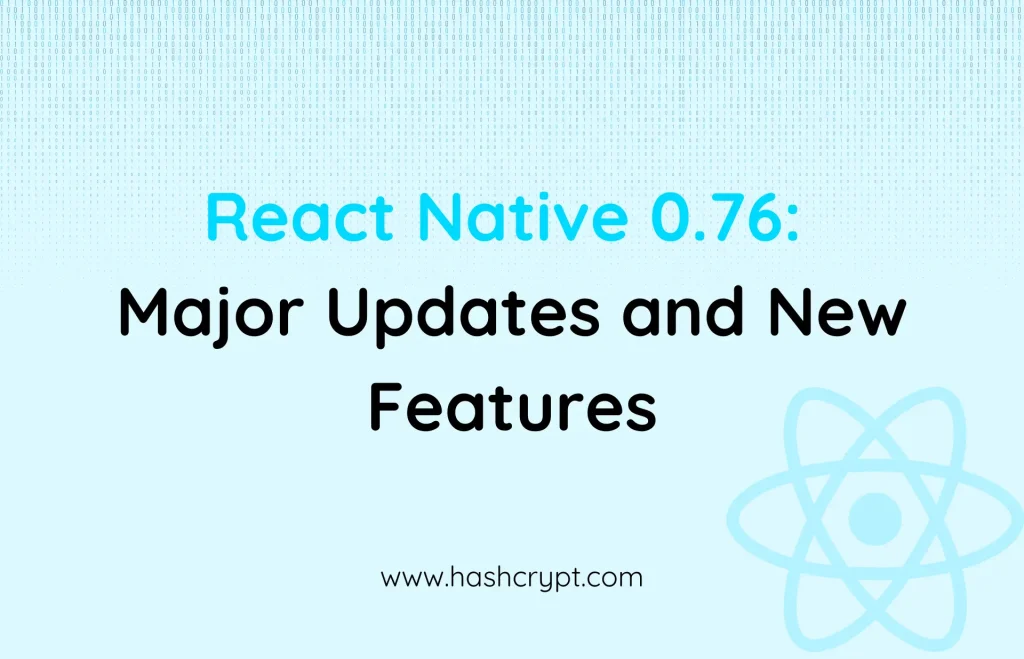React Native 0.76 is here, a long wait time is over. And it’s redefining how developers build apps. With enhanced performance, smarter tools, and modern styling options. In September React Universe Conf team announced they started working on the 0.76 version. After 6 release candidates, they release the 0.76 version with the major updates, such as,
1. New Architecture by Default
2. New React Native DevTools
3. 15x Faster with Metro
4. New boxShadow and filter Props
5. Smaller Android app bundle
React Native 0.76 – What’s New
1. New Architecture by Default
React Native 0.76, the New Architecture is now the default. This is to replace the old bridge with JSI (JavaScript Interface). The New Architecture is written in C++. That enables you to unlock full access to native features directly from your JavaScript code. This allows you to call native methods without serialization or deserialization data. Which helps to boost app performance and speed.
Your app runs smoother and faster. With a smarter rendering engine called Fabric. Even With TurboModules, the communication between JavaScript and native code is much quicker.
2. Next-Gen React Native DevTools:
The React Native team(with Alex Hunt on stage at the React Universe Conf) introduced a next-generation debugging tool called React Native DevTools. This tool is a unified, reliable solution for debugging all aspects of app development.
Key Features of the New DevTools:
- Unified Debugging Stack: Debug every aspect of your app, including:
- Hermes: React Native’s JavaScript engine.
- Metro: The bundler that packages JavaScript code and assets.
Other components are critical to app development.
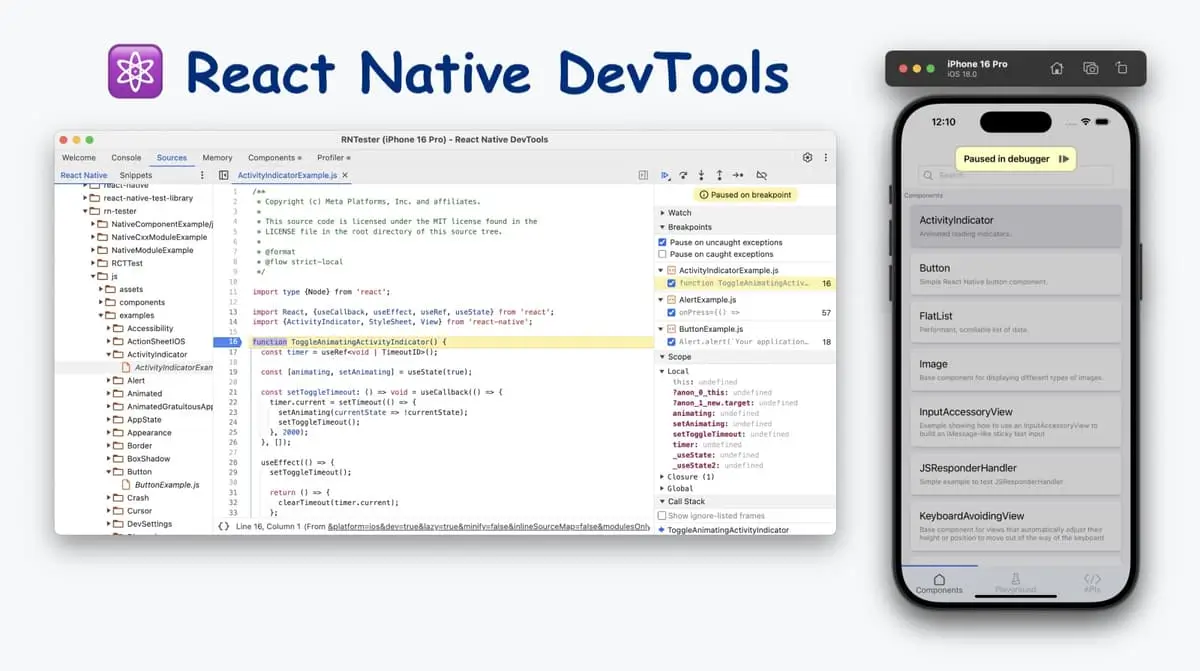
Also, note that React Native includes the React DevTools inbuilt. This feature is as powerful as breakpoints.
- Zero Setup Required
Now you only need to open the Dev menu or use the command-line interface (CLI) to launch DevTools. They only need a browser like Chrome or Microsoft Edge. No other setup is required.
This debugging into one tool with the DevTools eliminates the confusion of juggling multiple tools during development. With these updates, now developers can save time, streamline workflows, and focus more on building great apps.
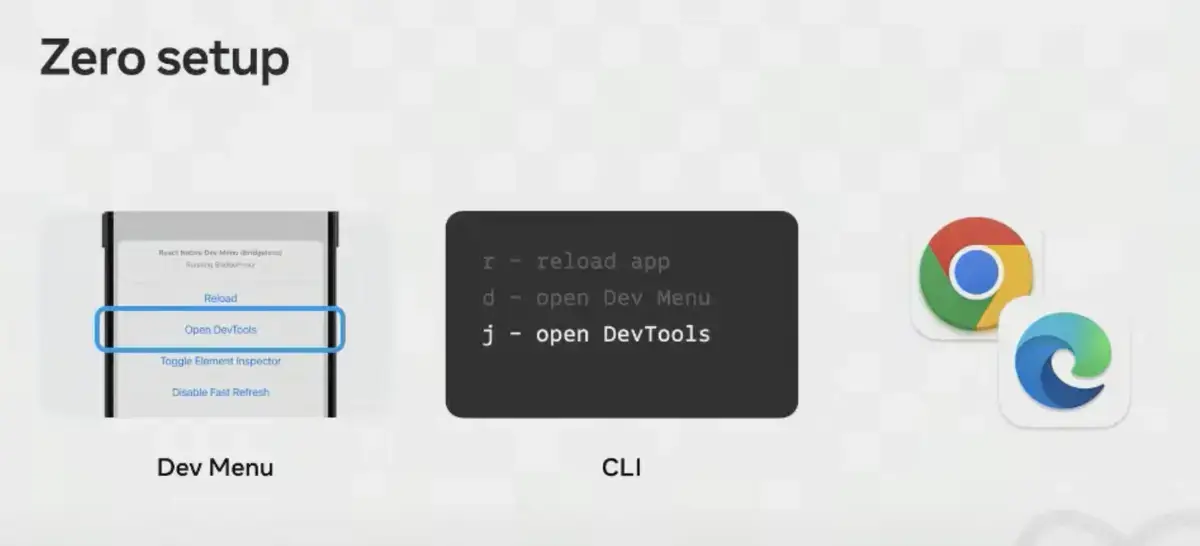
2. 15x Faster with Metro
React Native 0.76 introduces Metro v0.80.11, a huge improvement in the bundler’s performance. The Metro Resolver, responsible for locating and loading JavaScript modules, that optimized 15x faster.
It Saves significant development time, especially when developers work on large projects. And reduced delays while testing and iterating.
What are Metro and Metro Resolver?
- Metro: Metro is a JavaScript bundler that is used by React Native. They are used to package your code and assets (e.g., images) for mobile use.
- Metro Resolver: A component of Metro that is responsible for finding and loading the pieces of code from an import path.
For example, Metro Resolver loads the font module from the below-mentioned path.
import FONTS from '../../util/fonts.js'
This feature helps you to boost productivity while speeding up the development and testing cycle process.
3. New boxShadow and filter Props
React Native 0.76 added modern web-like styling capabilities: boxShadow and filter. These props were already available on the web but were missing in a mobile app.
BoxShadow Props
The boxShadow property lets you create dynamic shadows with control over:
- Position
- Color
- Blur intensity
This makes it easier to add depth and polish to app components without relying on external libraries.
Here is the demo that was shown by Delphine Bugner.
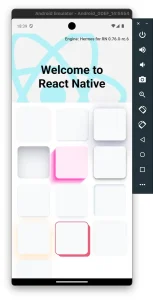
Filter Props
filter property allows us to give a graphical effect, including:
- Saturation tweaks
- Blur effects
- Invert filter

From left to right: no filter, saturate filter, blur filter, invert filter
These filter props help to make your app more visually engaging and design-friendly. That reduces the need for custom code or third-party modules.
4. Smaller Android App Bundles:
In React Native 0.76 upgrade team merges the C++ dynamic library into one library for Android. C++ Dynamic libraries that load only at runtime that are known as .so files after the react team merges these libraries into libreactnative.so. As a result, the list of dynamic libraries is reduced to 10. So, any Android app that is developed with React Native is now 3.8MB small approximately and takes -15ms less time to start.
5. Expo Compatibility: Fully Supported
Are you an Expo user and use Expo to build React Native apps? Then the Expo team released the new Expo SDK 52 Beta to support React Native 0.76. With this upgrade developers rely on Expo to test and deploy.
Do you want to create a new project using the CLI then go and run this command:
npx @react-native-community/cli@latest init MyProject --version latest
That’s It🙌
React Native team’s 3 years of effort are a payoff. After 3 years of effort, the New Architecture is finally ready for production. Also, the next-gen debugging stack now combines features of all the debuggers that Meta created in the last 6 years.
Conclusion
React Native 0.76 is more than just an update; it’s a shift towards a faster, more reliable, and future-ready development experience. With powerful tools and sleek new styling options, this version sets a new standard for mobile app development.
Did you learn something new today? If you found this post helpful, share it with a friend or coworker who might benefit too. Your support means a lot! 🙏
Upgrade today to unlock the full potential of your React Native projects! If you are looking for a React native developer who helps to develop a trendy and user-friendly application then get in touch with us.

